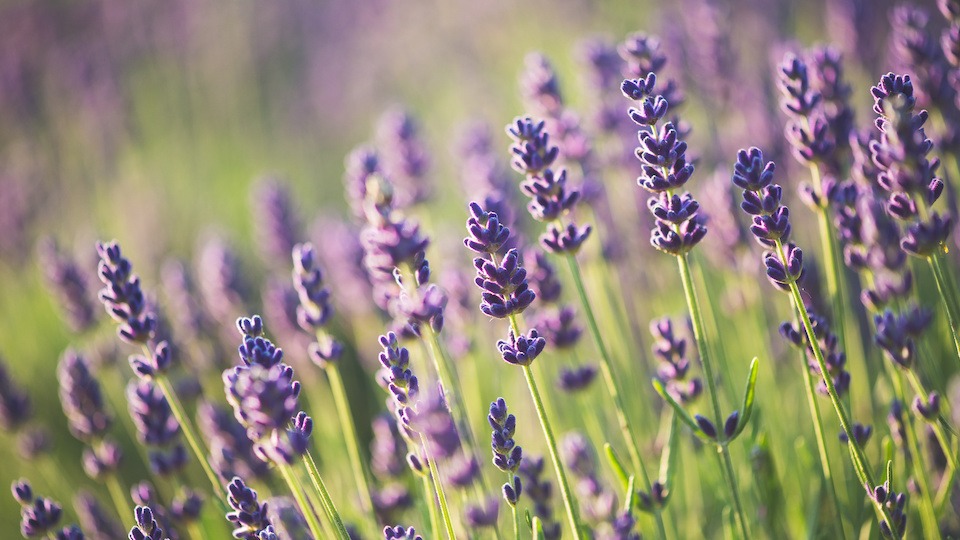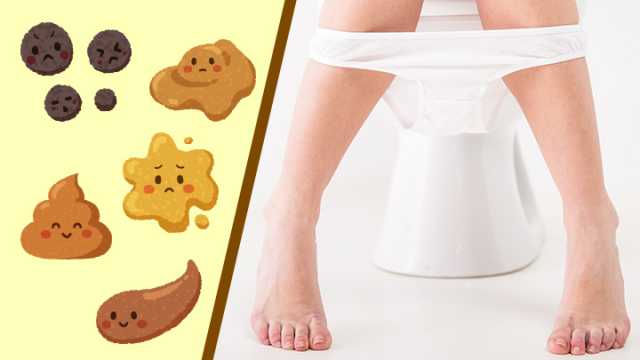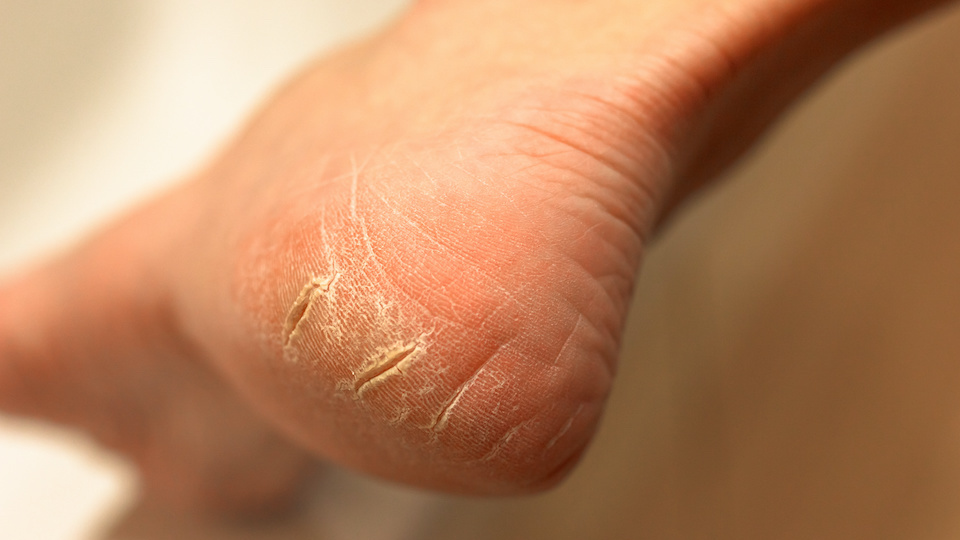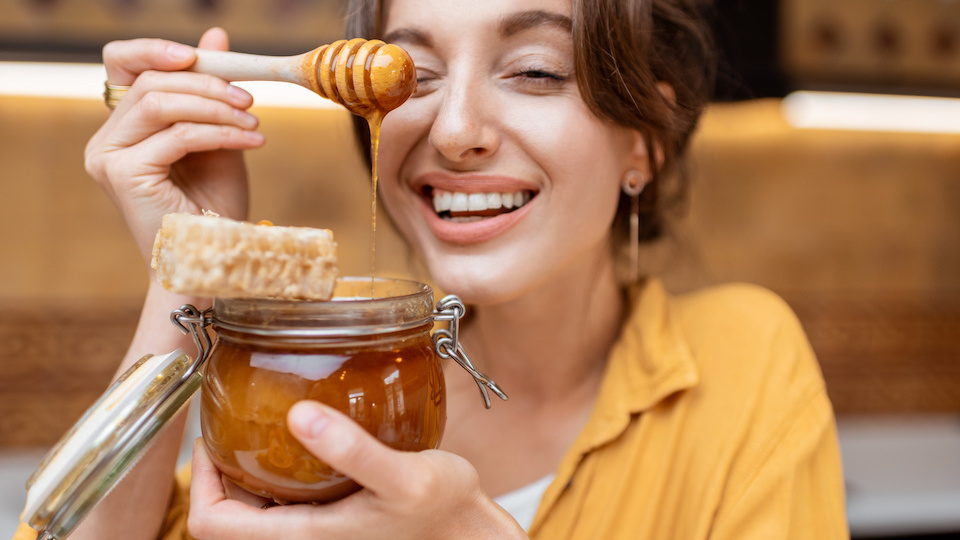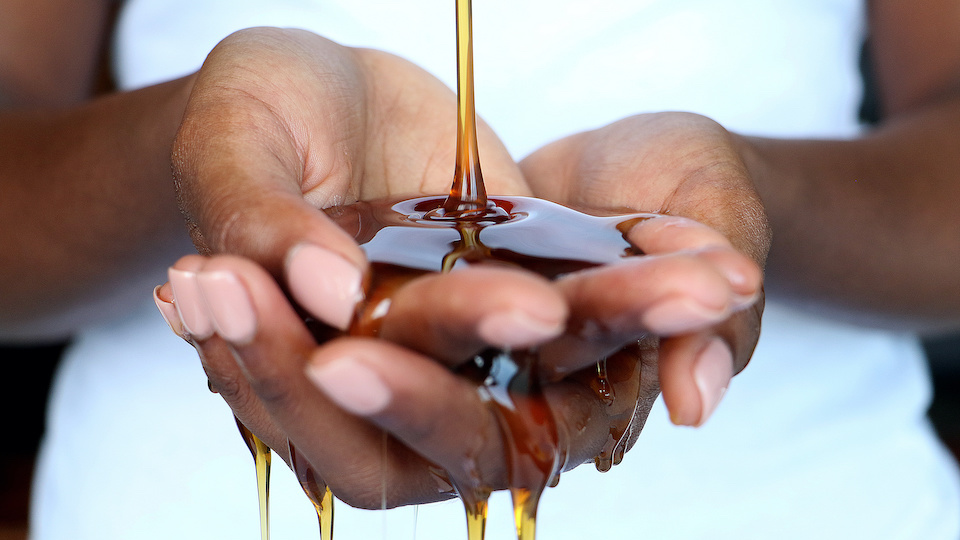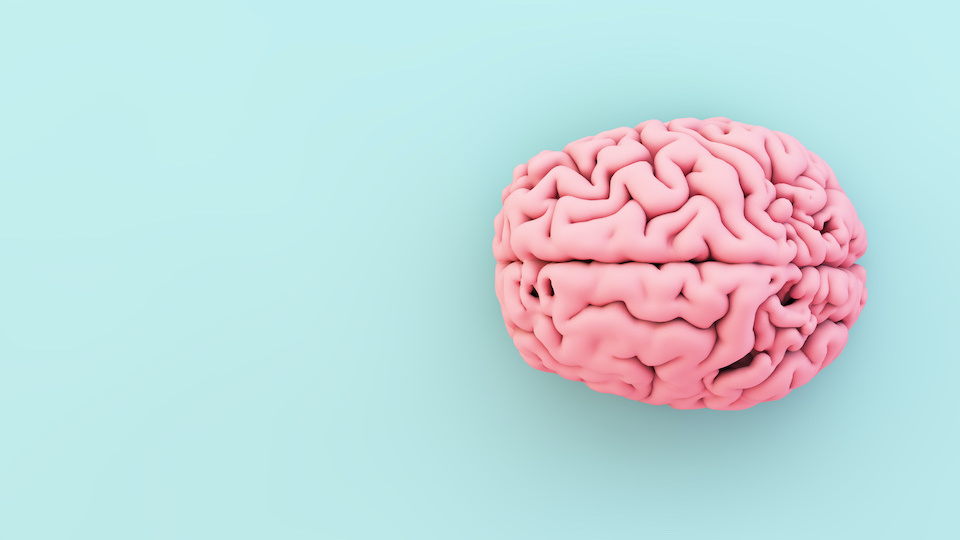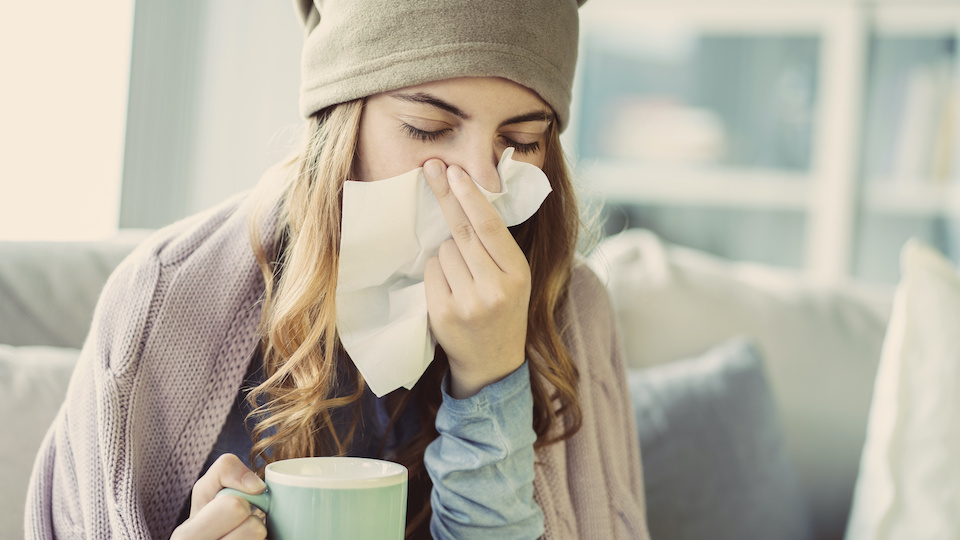As a physician who is much more concerned about humans than I am about mice, you might wonder why a study called Linalool Odor-Induced Anxiolytic Effects in Mice caught my attention recently. Allow me to explain, Linalool is a naturally occurring chemical that is found in the lavender plant, and this study demonstrated that simply smelling it resulted in significantly reduced anxiety levels in mice. How they measure mouse anxiety is another story entirely, but this new study led me down a fascinating (and good smelling) rabbit hole of research related to the effects of lavender on mental and emotional health.
It turns out that the research on lavender for anxiety runs deep. In addition to many animal studies on rodents, cats, and dogs– there are dozens of clinical trials that demonstrate that lavender is an effective treatment for anxiety in humans too. Whether it’s used short-term before dental work or surgerym or long-term for more generalized anxiety, lavender has been shown repeatedly to be a safe and effective herbal medicine for anxiety. This article by my team at UpWellness will help you understand why lavender is a medicinal treasure…and help you learn to use it today.
Enjoy,
-JL
For thousands of years, humans turned to plants for medication. They looked to take advantage of the natural world and use the tools around them to help treat conditions ranging from constipation to insomnia, to muscle and joint pain. Fast-forward to the 21st century, and this is no longer the case. Now, the only medication that is presented as viable is that which has been created in a lab or cobbled together from chemical additives. Though there are many benefits to modern medicine, nature still has a lot to offer.
Thankfully, the recent resurgence in the natural health movement has led many scientists and researchers to tackle herbal remedies and prove their validity once and for all. One such herb that has gained a lot of traction is lavender. Not only is it an incredibly beautiful and aromatic plant, it actually possesses qualities that make it a viable treatment option for anxiety and depression. Read on to find out what science says about your favorite purple flower.
How does lavender help anxiety
Anxiety is a broad term that encompasses a wide range of emotional and mental health issues. You can experience temporary anxiety if you lose your keys and are almost late for work, you may have social anxiety when you are around people, or you could have a generalized anxiety disorder (GAD) where you have excessive worry and concern throughout your everyday life. Bottom line: there are varying degrees of anxiety, which means that lavender has varying degrees of effectiveness. However, research does support the use of lavender as an aid for mild to moderate anxiety disorders, and it could be helpful to discontinue your use of heavy, sedative, anxiolytic drugs.
Note: If you are unable to complete tasks or experience severe anxiety, schedule an appointment with your healthcare professional.
One study published in Physiology & Behavior showed that the scent of lavender was able to relieve the stress and anxiety of patients awaiting dental procedures and improve overall mood. Another small study of 28 women who had recently given birth examined the effects of lavender aromatherapy on postpartum depression and anxiety. This study, published in Complementary Therapies in Clinical Practice found that this was an effective means of reducing neurological stress.
How to use lavender for anxiety
Always purchase high-quality lavender essential oil for anxiety treatment. Buy from a reputable brand, as cheaper sources will often add ingredients or the oil will not be pure. Simply breathing in the scent of lavender impacts the limbic region, which is the part of the brain that influences the nervous system and helps regulate emotions. Therefore, aromatherapy is the best course of action when it comes to relieving anxiety, and these guidelines will help you get the most from lavender oil.
Note: Avoid ingesting essential oil as there is not enough evidence to support internal use.
- Place a few drops of this oil in an essential oil diffuser and turn it on whenever you’re in the room.
- Add lavender to a carrier oil such as sweet almond, coconut, or jojoba oil and rub it into the skin. This will aid in absorption and will allow you to experience the aromatherapeutic benefit.
- Add a few drops on a tissue or cloth and breathe deeply to inhale the scent. This is a great option if you experience anxiety while you are traveling or are away from home.
- Enjoy a lavender bath by incorporating this essential oil into the running water. The hot water will release the scent, and even the simple act of bathing will help calm you and relax your entire body. Take this time to soak and meditate and focus on deep breathing.
Potential side effects
Lavender is considered a safe natural treatment. However, there is always the possibility of an adverse reaction due to sensitivity or allergy.
Discontinue use if you notice any of the following:
- Nausea
- Vomiting
- Headache immediately following use
You should avoid using lavender if:
- You are pregnant or nursing
- You are on any sedative drugs
- You are taking any anticoagulation medication (lavender can increase bleeding)
- You are on any lipid-lowering drugs, as lavender may increase the lipid-lowering effects
- You have hormone-sensitive tumors.
What do you love about this aromatic herb? Let us know in the comments below!
-The UpWellness


